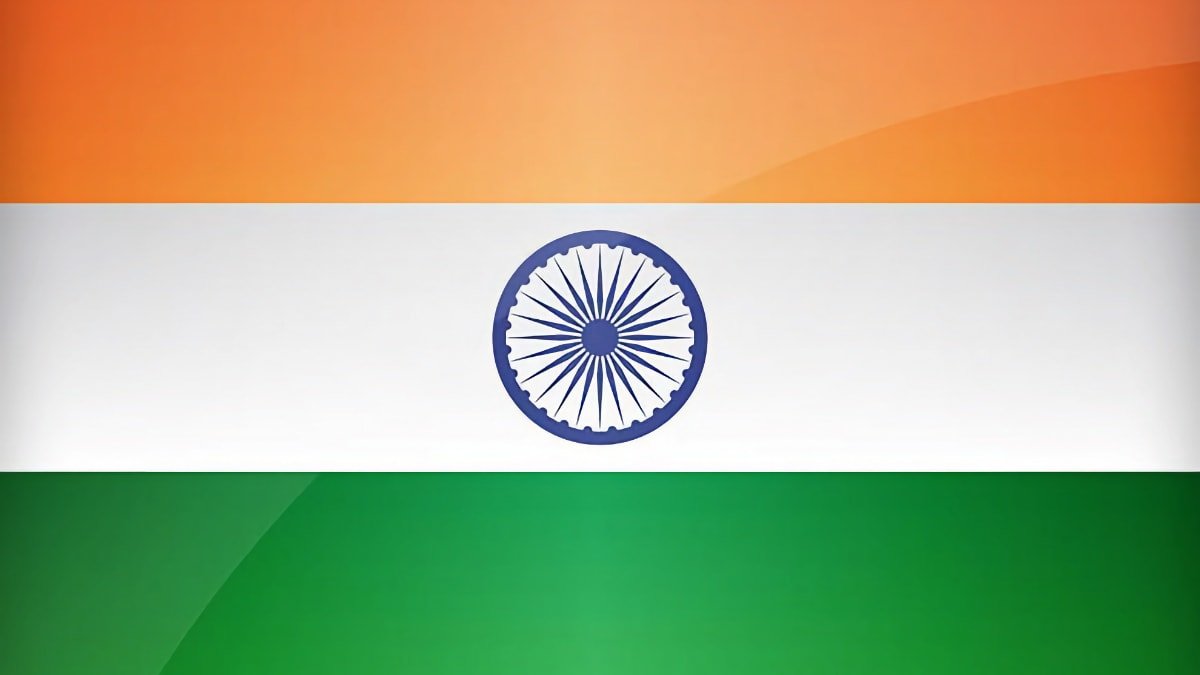Apple gets backlash from India after uncovering hacks on journalists
India is targeting Apple with investigations and governmental pressure after the company revealed the country's use of Pegasus spyware against journalists and opposition parties.

India mad about Apple disclosure
In October, Apple alerted independent journalists and opposition politicians in India of possible hacking by government hackers. That led to a swift reaction from Prime Minister Narendra Modi's government officials, who targeted Apple rather than addressing the hacking concerns.
The Bharatiya Janata Party (BJP) publicly scrutinized Apple's threat detection algorithms and initiated a probe into Apple device security, report from Amnesty International.
Senior officials from Modi's administration privately urged Apple's India representatives to downplay the impact of these warnings. During a New Delhi meeting, they also sought alternative explanations from an Apple security expert.
Despite significant pressure from the Indian government, Apple maintained its stance on the warnings, illustrating the challenges tech giants face against assertive governments. Recipients of Apple's alerts, many critical of Modi or his ally Gautam Adani, included notable journalists and politicians.
"Our latest findings show that increasingly, journalists in India face the threat of unlawful surveillance simply for doing their jobs, alongside other tools of repression including imprisonment under draconian laws, smear campaigns, harassment, and intimidation," said Donncha O Cearbhaill, Head of Amnesty International's Security Lab. "Despite repeated revelations, there has been a shameful lack of accountability about the use of Pegasus spyware in India, which only intensifies the sense of impunity over these human rights violations."
Cases like those of Anand Mangnale and Ravi Nair, whose phones were allegedly compromised by Pegasus spyware following their investigations into Adani, are part of this trend.
The Modi government has neither confirmed nor denied spyware use and has not cooperated with a Supreme Court-appointed committee investigating these issues. Evidence of targeted surveillance against journalists and opposition figures in India is growing.
Responses from BJP Officials
Post Apple's alerts, BJP officials worked to manage the situation. Senior government figures pressured Apple India to retract the warnings or acknowledge errors, leading to Apple India's emails that conceded possible detection inaccuracies.
However, civil society and digital rights groups met this move with skepticism and concern. BJP officials disseminated memos and used social media influencers to question the legitimacy of Apple's alerts, suggesting potential algorithm errors or pranks.
The government started an inquiry into Apple's threat notifications, but Apple upheld its findings in discussions with Indian officials. The Ministry of Electronics and Information Technology confirmed Apple's full cooperation in the investigation.
The clash between Apple and the Modi administration highlights Silicon Valley's broader challenges in India. Apple, viewing India as a key market, has cautiously avoided upsetting the Indian government, which seeks to attract major manufacturers like Apple for economic growth.
Despite reduced tensions between Apple and the Indian government, journalists who received hacking alerts continue to confront issues. The ongoing investigation by India's cybersecurity office doesn't have a clear deadline, and there is speculation about the origins of the hacking, with some authorities hinting at possible Chinese involvement.
Read on AppleInsider

Comments
Seems quite unlikely that Apple would report a hack that was initiated by themselves!
Maybe Modi is really looking for a window to be installed in his stomach to see where he is going?!
Now tell Xi where to get off.
About the only product Apple manufacture is the Mac Pro. Which they manufacture in TX. (But assembled with parts from all over the World.) Nearly all of their other products are manufactured by contractors. With Foxcomm being their biggest contractor. Therefore, Apple choice of which country they want to have manufacture their products is limited to where their contractors have plants to assemble Apple products. Apple is not the one building the plants to manufacture their products. Now, Apple have financially help their contractors with the initial cost of building plants (to manufacture Apple products) outside of China. But Apple main goal is to reduce their over reliance on China (as where most of their products are manufactured), not to find cheaper labor or more democratic governments.
Could just be a technicality, or something more.